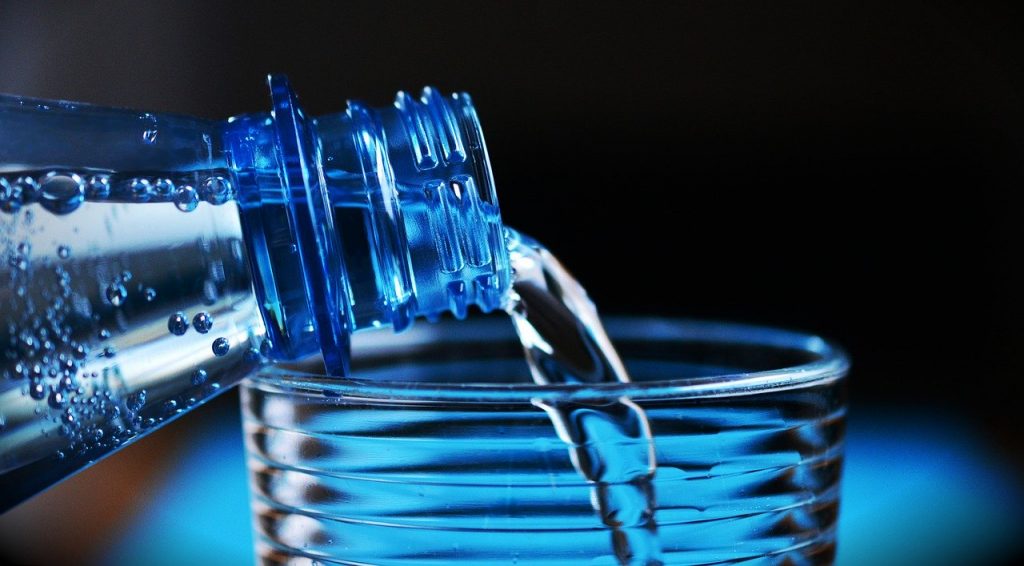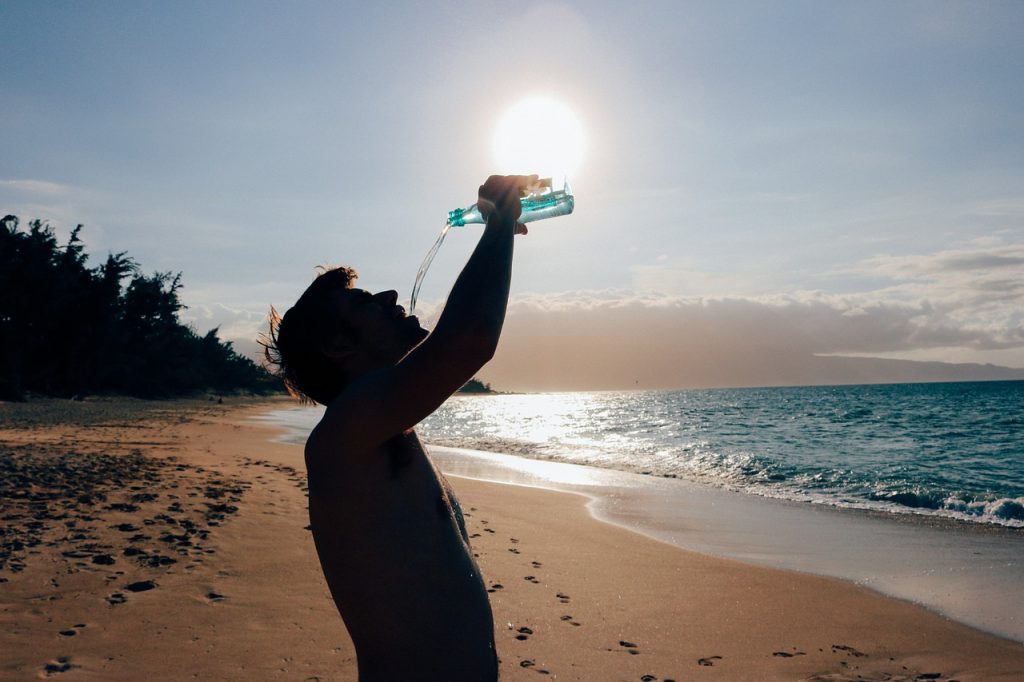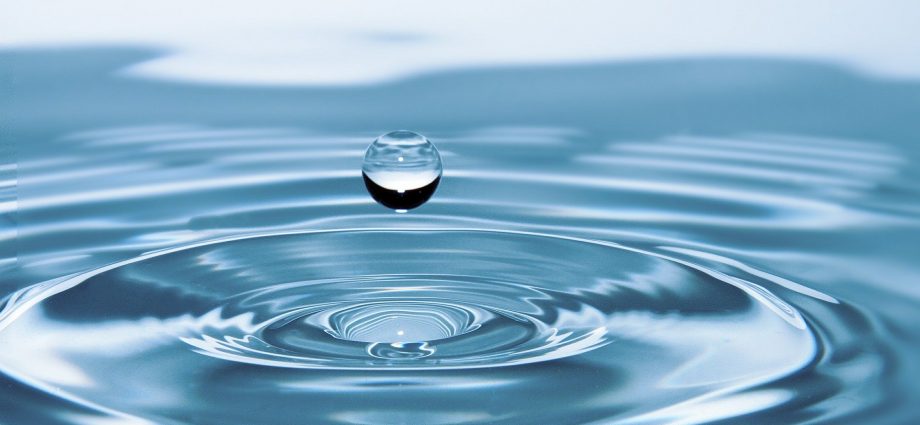Water And Life
Drinking coffee is an indispensable habit in all societies. Tea is also at the top of the list of hot drinks consumed daily. Caffeine in tea and coffee causes water excretion from the body. Lost of it must be reclaimed.
Minerals and chemical compounds contain liquid. Reactions that react with liquid are also among the subjects of chemistry. Hydration means providing liquid to the body and meeting the need for water. So why is 60% of our body water? Do we have to keep hydration?

If we look at the liquid ratio of our body; The amount of liquid in organs and muscle cells accounts for about 70%. The rest are concentrated in blood, body fluids and intercellular regions. There is more H2O in the muscle tissue than our fat tissues. This is actually the reason we use fat tissues as a nutrient store. Because oils do not hold H2O. Men have more muscle tissue than women. For this reason, more H2O has been detected in the men’s body.
Maintaining hydration is vital, especially for athletes. In cases where water lost by sweat cannot be recovered, danger begins. In short, the amount of H2O entering and leaving the body should be equal.

How are we affected by dehydration?
Even low percentages of water loss affect human health significantly. We know that when we go beyond standard vital activities, the body tolerates 1% water loss. But when the water loss exceeds 2%; Symptoms such as headache, fatigue, decrease in cognitive activities and physical functions can be seen. Water is, therefore, a vital compound for us. Water has an important role in vital activities such as kidney functions, digestive system and skin health.
Hydration balance is also important for the temperature control of our body. With sweating, the body loses water. When the body overheats, it tries to reduce the temperature by allowing the water in the body to evaporate. When the lost water is not replaced, the body cells cannot find water to evaporate. Cell nuclei begin to be damaged by high temperatures. Clinically, this is called Hypohydration.
Environmental conditions and physical activities disrupt the body fluid balance. Especially athletes who do training or exercise lose significant amounts of fluid and electrolytes due to sweating. Replacing lost fluids and electrolytes is extremely important for the protection of an athlete’s health and performance.
The effect of mild dehydration on cognitive functions is one of the most studied topics. In research conducted; different research groups have been created; young people between the ages of 10-12 and young people between the ages of 18-25, adults in their 50s and elderly ones in their 80s. Effects on concentration, alertness and short-term memory have been observed in children. Perception, remembering and reasoning activities were affected in adults and older people. In athletes, mood changes such as anger and anxiety occurred in the case of thirst. It has been observed that cognitive and physical activities return to the preview level by making water supplements in fluid losses that do not reach tissue and organ loss.

What is hyperhydration?
Like any other substance, water can be considered a poison when consumed in excess. Excessive increase in the amount of water in the body and excessive accumulation of water in the body is called hyper hydration.
As a result of excessive H2O consumption, the normal balance of electrolytes in the body is disturbed. In such cases, a potentially fatal deterioration in brain functions may occur. You don’t need to be afraid if you consume normal amount of water.
We are talking about water drinking competitions where he tries to drink large amounts of water or very long intense exercises in which the necessary amount of water is taken without substituting electrolytes.
How much water do we need?
Generally, 3-3.5 litres for men and 2-2.5 litres for women are recommended in moderate activity living in ambient conditions at normal temperatures. However, juicy fruits, vegetables, and none of the fluids you consume during the day provide quality hydration as much as water. You have to meet at least 80% of this need directly from the water.


